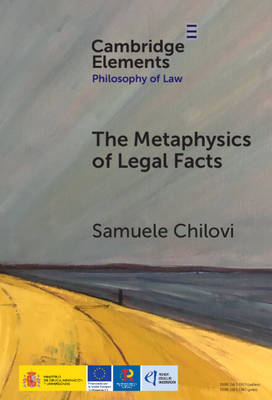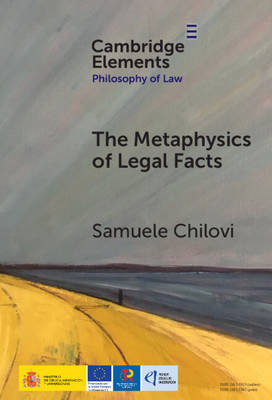
- Afhalen na 1 uur in een winkel met voorraad
- Gratis thuislevering in België vanaf € 30
- Ruim aanbod met 7 miljoen producten
- Afhalen na 1 uur in een winkel met voorraad
- Gratis thuislevering in België vanaf € 30
- Ruim aanbod met 7 miljoen producten
Zoeken
€ 112,95
+ 225 punten
Uitvoering
Omschrijving
This Element tackles the question of how - in what way, and in virtue of what - facts about the legal properties and relations of particulars (such as their rights, duties, powers, etc.) are metaphysically explained. This question is divided into two separate issues. First, the Element focuses on the nature of the explanatory relation connecting legal facts to their metaphysical determinants. Second, it looks into the kinds of entities that figure in the explanation of legal facts. In doing so, special attention is paid to the role that laws, or legal norms, play in such explanations. As it turns out, there are different ways in which legal facts might be explained, all of which have something to be said in their favor, and none of which is immune from problems. This title is also available as Open Access on Cambridge Core.
Specificaties
Betrokkenen
- Auteur(s):
- Uitgeverij:
Inhoud
- Aantal bladzijden:
- 76
- Taal:
- Engels
- Reeks:
Eigenschappen
- Productcode (EAN):
- 9781009578844
- Verschijningsdatum:
- 30/10/2025
- Uitvoering:
- Hardcover
- Formaat:
- Genaaid
- Afmetingen:
- 152 mm x 229 mm
- Gewicht:
- 272 g

Alleen bij Standaard Boekhandel
+ 225 punten op je klantenkaart van Standaard Boekhandel
Beoordelingen
We publiceren alleen reviews die voldoen aan de voorwaarden voor reviews. Bekijk onze voorwaarden voor reviews.








